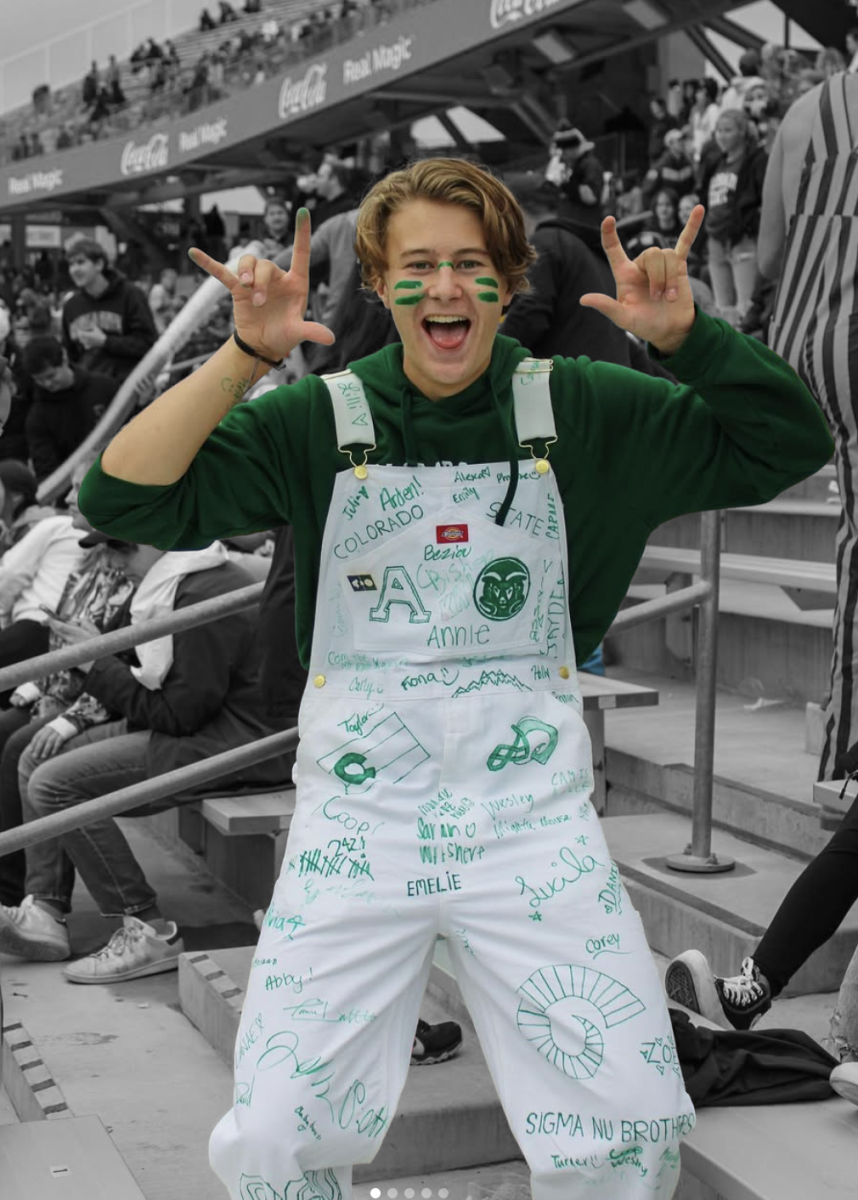Inclusion is a clear necessity in the social norms of today’s society, specifically for those who are distant from the dominant culture. Even within the “safety” of our campus here at Colorado State University, for some, there is a disconnect insecurity as more and more hate crimes occur. In university especially, it can be easy to feel distant or disconnected from yourself because of a lack of a collective identity.
Some are able to find solidarity in their “home away from home,” Anissa Mendoza-Green said, a senior at CSU studying sociology and women studies and president of Delta Xi Nu Multicultural Greek Sorority Inc. (ΔΞΝ). Sororities have been advocates for years about drawing a collection of women together to help aid in the elimination of the patriarchy.
“It’s about coordination. We want to help break this stereotype by helping the community to help better ourselves.” — Martiza Olide, Kappa Delta Chi Sorority, Inc. member
There is a stigma, an obvious one, that fills the newsstands daily as people sit around and slut-shame women for finding a collective that can ultimately better themselves and the world they live in.
“It’s about coordination. We want to help break this stereotype by helping the community to help better ourselves,” said Martiza Olide, Kappa Delta Chi Sorority, Inc. member and junior hospitality management, natural resources and recreational tourism major at CSU. “We build each other’s strengths and help amend weaknesses and become better people.” The stereotype that has been created over years of misinformation needs to end as it is an inaccurate representation of the true meaning of a sisterhood.
Nationally, sororities are tailored to the regulations prohibiting substances within their premises. While this does not always stop incidents from occurring, sororities in no way support or promote these actions. In fact, they support just the opposite,
“Members must hold a certain GPA in order to attend certain social events put on by the sorority… it’s a privilege to do these things and you must work hard to do them,” Olide said. “It’s not to be harsh, but instead to bring out the best in everybody while also simultaneously holding one another accountable.”
Vicky Ramirez, a sophomore business administration marketing student at CSU, furthered the statement by clearing the table of previous allegations made on sorority life. She said sororities have remained fairly consistent with their numbers through previous academic years. Ramirez stressed that they have actually grown in size each academic year.

Sororities are also known for their immense philanthropical contributions to society as a whole. Mendoza-Green said this is something done to help better our world and not just ourselves. “Our very existence is creating a safe place to fight oppression,” Mendoza-Green said. “Because we are so different, we bring out so much in each other and I think that helps fight back against the stigma. Not only in women but in race.”
Mendoza-Green expressed that on a campus like CSU it does not always feel like a safe space for everyone. Minoritized individuals are still targeted. Whether for humor or for malice, it is happening and the neglect towards the issue is unsettling.
Delta Xi Nu Multicultural Sorority Inc. is at the forefront of correcting a huge issue for women as their national philanthropical goal seeks to help end domestic violence around the world. Locally, they look to bring awareness to drinking-and-driving and the impacts it has on the society today.
An entire group of people can no longer be excluded from the majority simply because of the way they were born.
Kappa Delta Chi Sorority Inc., similarly, looks to aid the world through philanthropical work. But this time their national statement works with the American Cancer Society. Olide commented that they do not hold a chapter emphasis but instead change every semester while still focusing on under-represented communities and individuals. “For example, this semester we are focusing on Latinx youth through Reach Out,” Olide said. “Whereas, last semester we brought awareness to homelessness and worked closely with local organizations.”
Mendoza-Green summed up the idea of what it means to be in a sorority simply with: “We use our differences as strengths to get the conversation started. We are simply a representation of the rest of the world.”
The future is female. It has to be. An entire group of people can no longer be excluded from the majority simply because of the way they were born.
This goes beyond gender into an entire conversation of intersectionality, but to focus simply on women is a start. Although sororities continuously receive a bad reputation from faulty and shift sources, they truly are a collective of women that seeks to better the world, not just for themselves, but for everyone.































